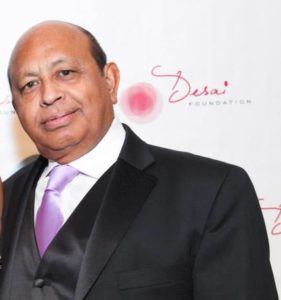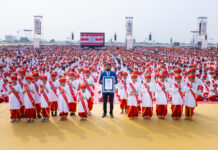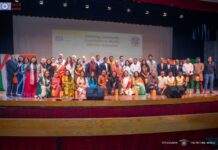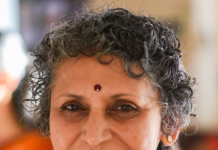Relief, Anger, and a Renewed Call for Protection in the Wake of Justice
BOSTON — The Indian American community is expressing a mix of relief and continued frustration after three men were sentenced to nine to thirteen years in prison for their roles in a string of targeted home robberies that shook Indian and South Asian families across Massachusetts.
The case, which involved over 43 burglaries across 25 towns from 2018 to 2024, primarily targeted Indian and South Asian households — often when families were away — with a clear focus on stealing heirloom gold, jewelry, and culturally sacred items.
The convicted individuals — Jovan Lemon, 30, of Providence, RI; Paul Lemon, 31, of Warwick, RI; and Steven Berdugo, 29, of Providence, RI — pleaded guilty last week in Middlesex Superior Court.
Jovan and Paul Lemon admitted to 32 counts of unarmed burglary and three counts of breaking and entering a dwelling in the daytime with intent to commit a felony.
Berdugo pleaded guilty to seven counts of unarmed burglary.
Judge Patrick Haggan sentenced Jovan Lemon to 10 to 13 years in the Massachusetts Department of Correction. Paul Lemon and Steven Berdugo received 9 to 12 years in the Massachusetts House of Correction.
The harsh sentencing has been welcomed by families and community leaders who have spent years organizing, protesting, and petitioning for justice — asserting that these crimes were not random, but part of a systematic pattern of targeting South Asian homes.

“This sentencing strongly rebukes the robberies and sends a powerful message to deter such crimes in the future,” said Sanjay Saini, a Massachusetts resident whose home was broken into while his family was away. “I’m hopeful that this justice will bring closure to some, even though the break-ins haven’t stopped completely.”
But perhaps the most vocal and emotionally resonant response came from Samir Desai, a local community organizer and resident whose home was also robbed. Desai spearheaded a widely circulated petition and awareness campaign that pressured law enforcement and the judiciary to pursue the toughest penalties.
“This isn’t just about theft. This was an assault on our identity, our safety, and our cultural dignity,” said Desai. “These criminals didn’t just take gold — they took pieces of our heritage, the symbols of our ancestors, of weddings, of memories we passed down through generations. We fought for this sentencing because our pain deserved acknowledgment. And today, we were heard.”
Desai’s petition, titled “Letter of Support: Demand for Justice and Protection of South Asian Families,” garnered over 150 signatures. It emphasized that the robberies were not opportunistic, but coordinated — targeting cultural artifacts with deep familial and spiritual significance.
The document urged the Middlesex District Attorney’s Office and Judge Haggan to impose the maximum sentence available under law and demanded better legal protections for immigrant communities as well as cultural sensitivity training for law enforcement.
“We were never looking for revenge — only justice,” Desai added. “But justice isn’t just about jail time. It’s about ensuring this never happens again. And it’s about showing our children that their culture is not something to be stolen or ignored — it’s something to be protected and honored.”
Relief, but Not Reassurance
While the Indian American community has welcomed the outcome, there’s a lingering sentiment of anger, fatigue, and fear.
Many in the South Asian diaspora feel they have been ignored or under protected for years — forced to organize their own watch groups, install elaborate security systems, and self-fund legal advocacy.
There is a growing call for police departments and state leaders to take these crimes more seriously — not as isolated property thefts, but as crimes that often carry racial, cultural, and even religious undertones.
“We’re not invisible anymore. We’re tired of being polite in the face of trauma,” said Upendra Mishra, a community member.
A Call to the Next Generation
As the court case closes, community leaders like Desai are urging the next generation of Indian Americans to step up — not just socially, but politically.
“Maybe it’s time we stop staying on the sidelines. We need Indian Americans in public office, in policymaking, in law enforcement,” said Desai. “This was a wake-up call. Let this be the start of something greater — not just a reaction, but a movement.”
For now, there is justice. But there is also a challenge: to make sure the pain of these families is never repeated.
In the wake of the sentencing, Mr. Desai also took a moment to acknowledge the collective effort behind the scenes that brought the case to light and kept pressure on the system.
“I would like to thank all the people in our community who came as witnesses, joined the court proceedings, and even participated on Zoom to support this important cause,” said Mr. Desai. “I would also like to thank INDIA New England News for dedicating a page on this issue on their website and helping to amplify our voices when it mattered most.”
INDIA New England News has maintained a dedicated page on this issue and continues to follow community reactions and safety measures being implemented in the wake of the case.














